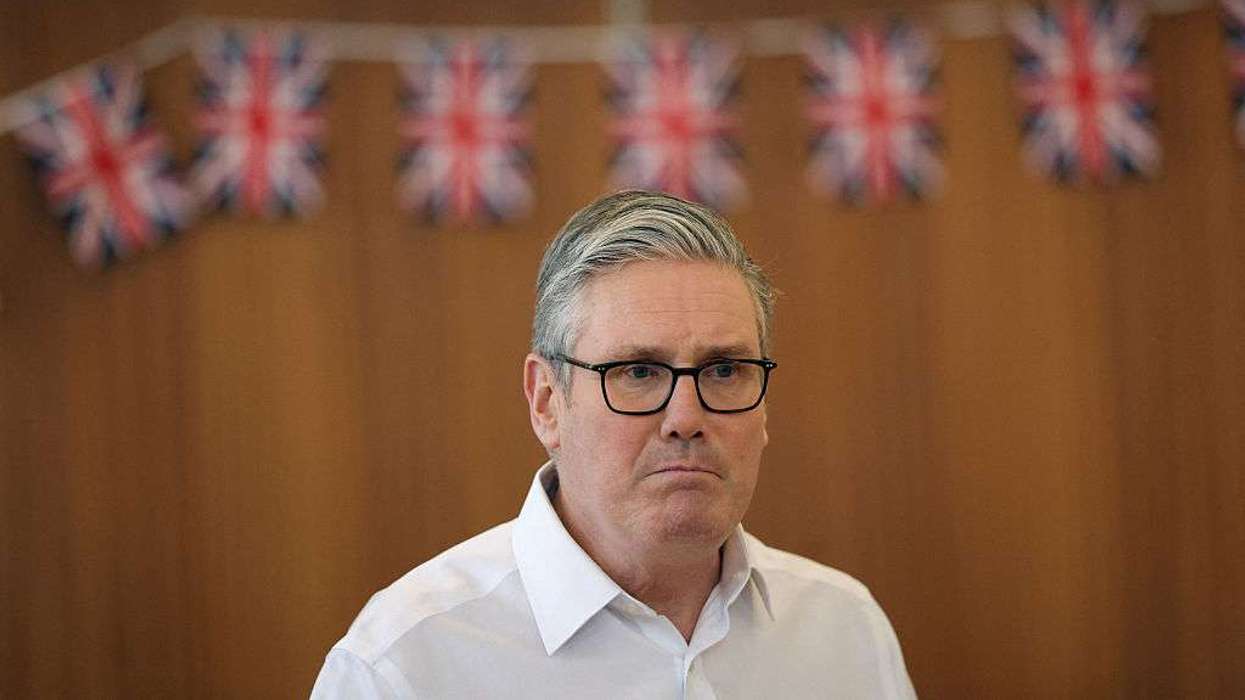THE US said today (24) it was "deeply concerned" after Pakistan freed one of the suspected masterminds of the 2008 Mumbai attacks despite months of pressure from Washington over militancy.
The statement came as firebrand cleric Hafiz Saeed, who heads the UN-listed terrorist group Jamaat-ud-Dawa (JuD) and has a $10 million US bounty on his head, led prayers and met supporters in Lahore today after his midnight release.
He called Pakistan’s ousted former prime minister Nawaz Sharif a "traitor" today for seeking peace with India.
"Nawaz Sharif asks why he was ousted? I tell him he was ousted, because he committed treason against Pakistan by developing friendship with Modi, killers of thousands of Muslims," Saeed said.
His release from house arrest raised fresh questions as to whether Saeed might enter politics to run a new, unregistered political party founded by his supporters.
While Saeed was under house arrest, his JuD charity launched a political party, the Milli Muslim League (MML), which has won thousands of votes in by-elections.
Senior government and retired military figures say the party has the backing of Pakistan's powerful military. The military denies any direct involvement in civilian politics.
JuD, which has operated freely across Pakistan and is popular for its charity work, is considered by the US and India to be a front for Lashkar-e-Taiba (LeT), the militant group blamed for the attack on Mumbai.
"LeT is a designated Foreign Terrorist Organization responsible for the death of hundreds of innocent civilians in terrorist attacks, including a number of American citizens," US state department spokesman Heather Nauert said.
"The Pakistani government should make sure that he is arrested and charged for his crimes."
The $10 million bounty for Saeed first offered in 2012 still stands, Nauert added.
The court's decision to release Saeed after Islamabad failed to provide evidence against him came after US President Donald Trump in August angrily accused Pakistan of harbouring "agents of chaos" and called for a militant crackdown.
The horror of the Mumbai carnage played out on live television around the world as commandos battled the heavily armed gunmen, who arrived by sea on the evening of November 26, 2008.
It took the authorities three days to regain full control of the city, and the attacks, which killed more than 160 people, nearly brought India and Pakistan to the brink of war.
Saeed, already designated a global terrorist by the US at the time, was later listed as one by the UN also over his alleged role in the attacks.
India expressed its fury at his freedom yesterday (23), with foreign ministry spokesman Raveesh Kumar accusing Pakistan of attempting to "mainstream proscribed terrorists".
New Delhi has long seethed at Pakistan's failure either to hand over or prosecute those accused of planning the attacks, while Islamabad has alleged that India failed to give it crucial evidence.
It is the third time that the cleric has been released by courts after Islamabad briefly detained him twice in the aftermath of the attacks in November 2008.
Saeed for decades has publicly espoused ending India's rule in Kashmir, with India accusing him of sending armed militants to the valley.
India accuses Pakistan of supporting the LeT and other separatists battling in Kashmir. Pakistan denies that.
(Agencies)



